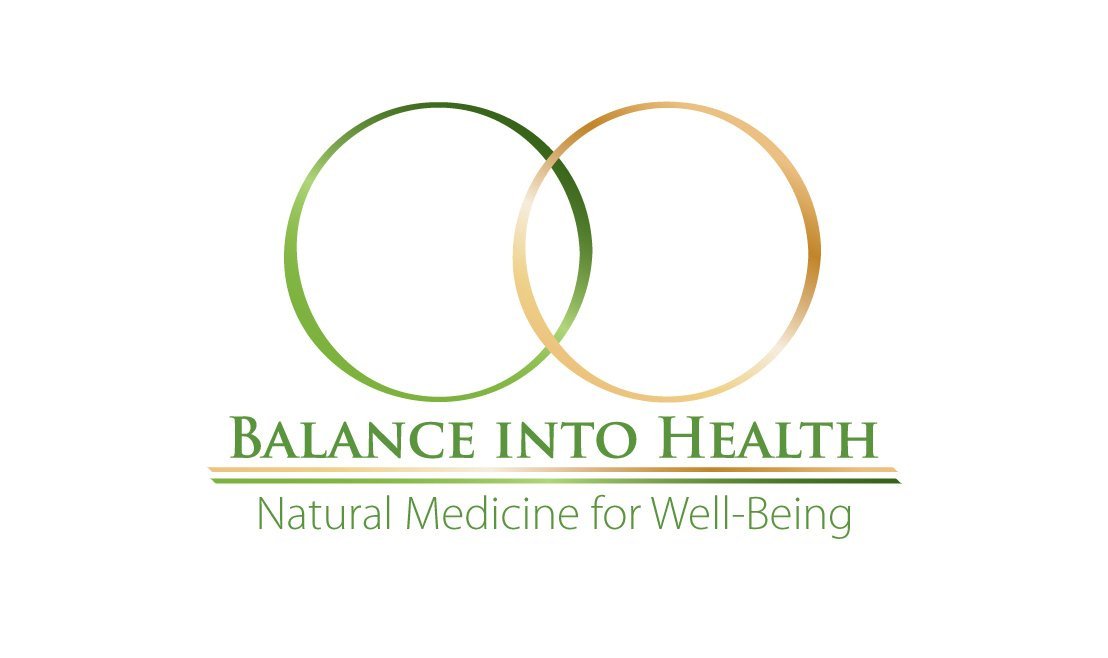Homeopathic Treatments for Infants: A Safer Alternative to Conventional Medicine
Caring for children under the age of two often involves navigating a myriad of acute illnesses, including fevers, diarrhea, and respiratory infections. Parents and caregivers worldwide continually seek safe, effective, and affordable treatment options for these common ailments. A groundbreaking study published in the European Journal of Pediatrics has reignited interest in homeopathic treatments, suggesting that they may offer advantages over conventional medicine for infants under two years old.
The study, conducted by researchers at the Central Council for Research in Homoeopathy (CCRH) in collaboration with Jeeyar Integrated Medical Services (JIMS) Hospital in Telangana, India, evaluated the health outcomes of 108 children treated either with homeopathic remedies or conventional medical approaches. Over 24 months, the findings revealed that children receiving homeopathic treatment experienced significantly fewer sick days and required fewer antibiotics than their counterparts in the conventional treatment group. These results have sparked discussions about the potential role of homeopathy in pediatric healthcare.
Key Findings of the Study
Reduced Sick Days
One of the most striking findings of the study was the marked reduction in the number of sick days experienced by children in the homeopathic group. On average, these children had a median of five sick days over the two-year period compared to 21 sick days for those in the conventional treatment group. After adjusting for variables, the number of sick days in the homeopathic group was approximately one-third of those in the conventional group.
Fewer Respiratory Infections
Children treated with homeopathy also experienced fewer respiratory illness episodes during the study period. This result aligns with the growing recognition of homeopathy’s potential to support the immune system and address the underlying causes of respiratory conditions.
Decreased Antibiotic Use
Perhaps most notably, the homeopathic group required significantly fewer antibiotics—only 14 sickness episodes necessitated antibiotic intervention compared to 141 episodes in the conventional group. This reduction is particularly relevant in the context of growing concerns about antibiotic overuse and resistance.
Comparable Safety
The study noted no significant adverse effects or deaths in either group, underscoring the safety of homeopathic treatments when used appropriately. For parents concerned about potential side effects of conventional medications, this finding may offer reassurance.
The Homeopathic Approach to Pediatric Care
Homeopathy operates on the principle of “like cures like,” using highly diluted substances to stimulate the body’s natural healing processes. For pediatric care, this means tailored remedies are selected based on the child’s specific symptoms, temperament, and overall health. Common remedies for childhood illnesses include:
- Chamomilla for teething pain and irritability
- Pulsatilla for colds with thick nasal discharge and emotional sensitivity
- Arsenicum album for diarrhea accompanied by restlessness and anxiety
By focusing on individualized treatment, homeopathy aims to address the root causes of illness rather than merely suppressing symptoms.
Integrating Homeopathy with Conventional Medicine
The study emphasizes that homeopathy was used as the primary treatment method in the homeopathic group, with conventional medicine added only when medically indicated. This integrative approach demonstrates that homeopathy does not have to replace conventional medicine but can complement it, offering a balanced and holistic strategy for managing childhood illnesses.
For example, while homeopathy may be effective for mild to moderate respiratory infections, conventional interventions remain critical for severe cases or complications. This flexibility ensures that children receive the care they need without unnecessary reliance on antibiotics or other pharmaceuticals.
Benefits of Homeopathy for Children Under Two
1. Holistic and Individualized Care
Homeopathy takes into account the child’s unique physical and emotional state, promoting a deeper understanding of their health and wellbeing.
2. Fewer Side Effects
Because homeopathic remedies are highly diluted, they are generally free of the side effects associated with many conventional medications, making them particularly suitable for infants and young children.
3. Reduced Antibiotic Dependence
The study’s findings highlight homeopathy’s potential to reduce the need for antibiotics, addressing a pressing global issue of antibiotic resistance.
4. Cost-Effectiveness
Homeopathic remedies are often less expensive than conventional medications, making them an accessible option for families worldwide.
Practical Tips for Parents Considering Homeopathy
If you’re exploring homeopathic treatments for your child, here are a few tips to keep in mind:
1. Consult a Licensed Practitioner: Seek guidance from a certified homeopath with experience in pediatric care. They can help tailor treatments to your child’s specific needs.
2. Use Remedies Judiciously: While homeopathy is generally safe, improper use can delay necessary medical interventions. Always consult a healthcare provider if symptoms persist or worsen.
3. Combine Approaches When Needed: Integrative care, blending homeopathy with conventional medicine, can offer the best of both worlds.
4. Educate Yourself: Familiarize yourself with common homeopathic remedies for childhood illnesses. Books and reputable online resources can be valuable tools for parents.
Implications for Healthcare Policy
The study's findings suggest that integrating homeopathy into routine pediatric care could reduce healthcare costs and alleviate the burden on conventional medical systems. By decreasing the need for antibiotics and hospital visits, homeopathy offers a sustainable and patient-centered alternative that aligns with the growing emphasis on preventive care.
Conclusion: A Safe, Effective Complement to Conventional Care
The study published in the European Journal of Pediatric* provides compelling evidence that homeopathic treatments can play a valuable role in managing common illnesses in children under two years old. With fewer sick days, reduced antibiotic use, and comparable safety to conventional medicine, homeopathy emerges as a promising complement to traditional pediatric care.
For parents seeking a natural, holistic approach to their child’s health, homeopathy offers a path worth exploring. By working closely with qualified practitioners and integrating conventional care when necessary, families can ensure that their children receive the best possible support for a healthy start in life.
Have essential natural remedies at your fingertips for your baby or child's needs. Balance into Health’s Children’s Kit has been specially designed to serve every parent as a homeopathic ally on their parenting journey. Obtain significant discounts off the listed price: inquire here to obtain your complimentary Promo Code

